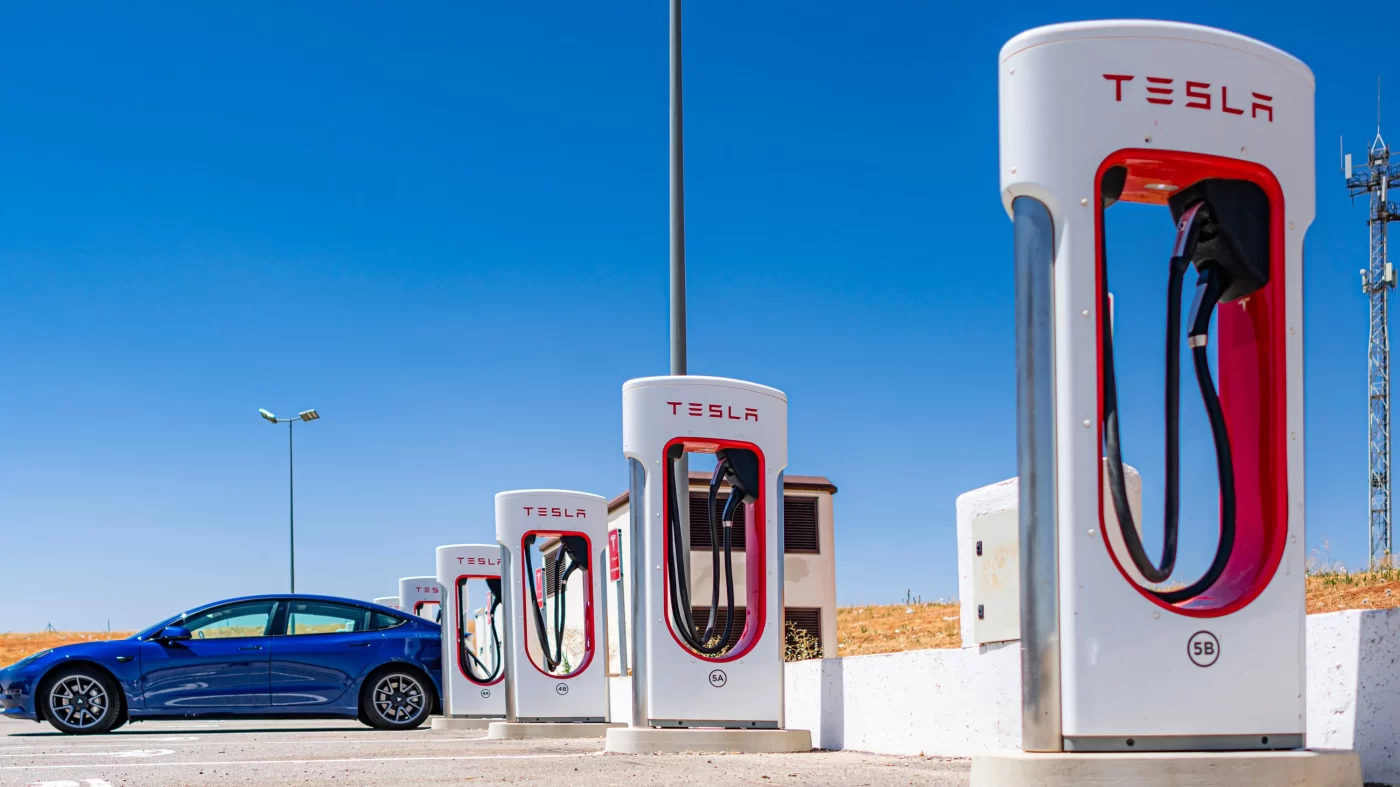- Misinformation and misconceptions about used EVs but of many prospective buyers.
- Breaking down some of the most common myths about used EVs is key to getting them back on the road.
- Easier access to battery state-of-health metrics could be the game-changer the industry badly needs.
Misinformation is killing the sales of used EVs. But there’s value there if you buy with your eyes wide open. If you want a plug-in-and-go electric car there’s no shortage of new electric car brands from which to choose… In fact, industry insiders have the current crop swelling by somewhere between 10 and 20 new brands over the next two years. But not everyone’s got the readies to go new. So, are there used EVs you can buy now and does it make sense to do so?
Right now, used battery electric vehicles are lingering on dealer lots, prices are dropping, and their retained values are falling behind those of internal combustion engine (ICE) and hybrid vehicles. There are bargains to be had. But get ready to cop some flak should you choose to plug in… Misinformation is rife. In fact, the uncertainty being created (some say by vested interests) is at the core of used EVs’ image problem.
At a recent auto industry seminar, I moderated a panel that dug into a range of issues with EV industry leaders including Scott Nargar from Hyundai Australia, Laurissa Mirabelli from Polestar, and electric vehicle expert Toby Hagon. To go into your EV shopping (new and used) forewarned and forearmed, it’s worth revisiting a very condensed form of the used EV mythbusters these experts offered.
Myth: Buy a used EV and you’ll have to replace the whole battery
A common misconception is that even minor battery issues require replacing the entire pack.
Related Stories
FACT: Full battery replacements are much rarer than engine replacements in ICE vehicles.
FACT: Modular repairs are more likely. Rather than replacing the entire battery, manufacturers can repair or replace individual components or modules, which greatly reduces the cost and impact on a vehicle’s value. Given the long warranty on all modern EV batteries, the chances are you’re covered.
Myth: Battery Degradation will ruin your car
Another myth is that EV batteries degrade quickly (think mobile phones), causing performance in used EVs to decline sharply.
FACT: Data shows battery degradation is usually minimal. Most major EV brands report far less battery degradation than even they expected. For instance, studies from Polestar, Tesla, and Nissan show that batteries lose only a small percentage of their capacity even after many years. Projections suggest EV batteries will remain within usable limits well into a car’s third or fourth ownership phase.

Myth: You cannot accurately check a used EV’s battery condition
Even if EV batteries last longer and degrade slower than people think, buyers still face a hurdle: they don’t know the condition of a used EV’s battery when they’re shopping.
FACT: The industry is moving quickly to address this. Many EVs already have the ability to check the battery condition via the onboard infotainment. Plus international regulations are emerging that will require all automakers to provide this battery state-of-health (SoH) information. While it may take some time for this to filter down to all Australian EVs, respected industry body Cox Automotive Australia via its Mannheim brand is leading the charge locally with a solution for assessing battery SoH.
More on EV battery state-of-health
It’s arguably the SoH measure that’s the used EV buyers key sticking point. Mike Costello, Corporate Affairs Manager for Cox Automotive Australia, told me: “Transparent communication about a used EV’s battery state-of-health is key to establishing a stronger second-hand market…”
“While research shows battery degradation is typically minor, customer concerns about long-term lithium-ion battery performance are valid and need addressing.”
Costello says Cox Automotive is close to launching a tool that will give accurate battery health readouts in minutes. This information can then be included by dealers in used EV listings, just like an odometer reading or the vehicle’s build year.

Remember the basics
An independent assessment of the health of your prospective new EV’s battery will give you significant piece of mind. As to assessing the rest of the used EV package, don’t forget the basics: buy from a reputable dealer who guarantees a title, supplies a warranty and ensures the car has a solid service history (yes, EVs do need regular servicing…) Finally, consider a third-party pre-purchase inspection. And a test drive is a must…
Australia’s used EV market is still in its infancy but it might be the ideal time to consider going electric. Prices are down, choice is expanding and battery technology is proving more reliable than many think, making this a prime moment for savvy buyers to secure a deal.
